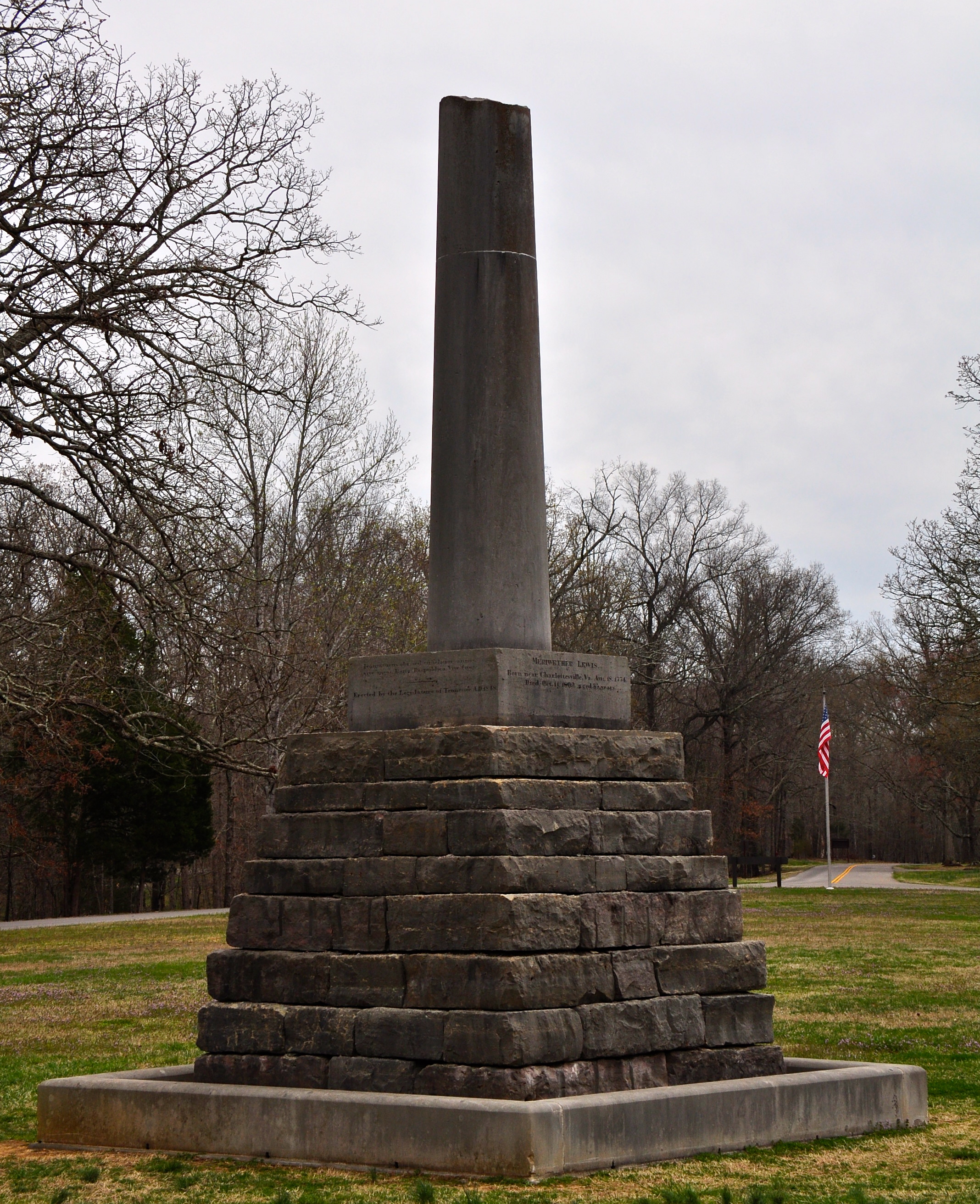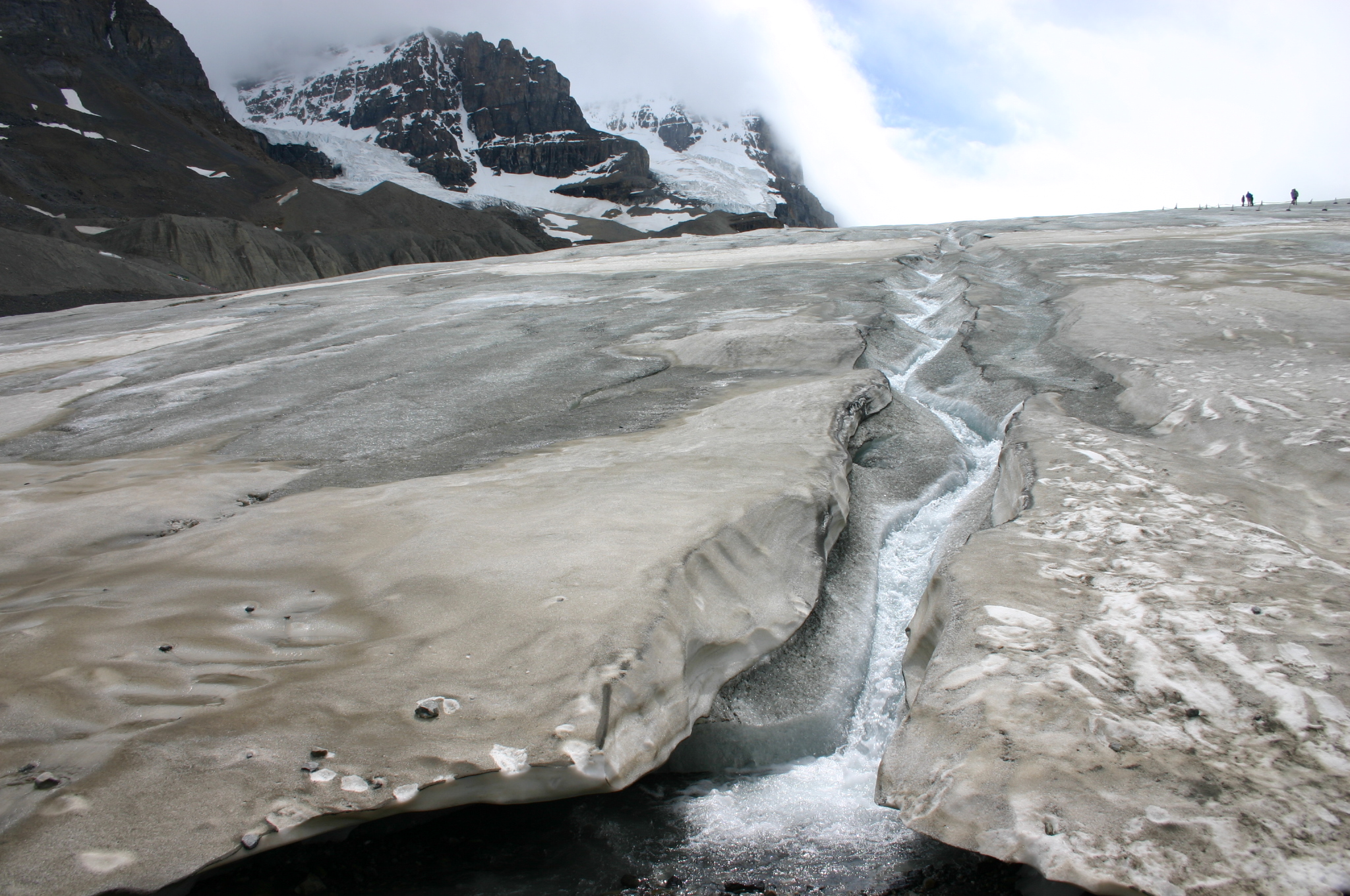|
Big Swan Creek
Big Swan Creek is a stream in Hickman, Lewis and Lawrence counties, in the U.S. state of Tennessee. Variant names are Swan Creek and West Fork Swan Creek. Big Swan Creek is a tributary of the Duck River. The creek was named from an incident when hunters killed a swan at the creek before 1800. See also * List of rivers of Tennessee References Rivers of Hickman County, Tennessee Rivers of Lawrence County, Tennessee Rivers of Lewis County, Tennessee Rivers of Tennessee {{Tennessee-river-stub ... [...More Info...] [...Related Items...] OR: [Wikipedia] [Google] [Baidu] |
Hickman County, Tennessee
Hickman County is a county located in the U.S. state of Tennessee. As of the 2020 Census, the population was 24,925. Its county seat is Centerville. Hickman County was part of the Nashville–Davidson–Murfreesboro–Franklin, TN Metropolitan Statistical Area but was removed in September 2018. History Hickman County was named for Edwin Hickman, an explorer and surveyor who was killed in an Indian attack at Defeated Creek in 1791. The county was established in 1807, and named for Hickman at the suggestion of Robert Weakley, a legislator who had been a member of Hickman's surveying party. The original county was vast, extending to the southern border of the state. Hickman County was reduced in extent when it partially contributed to the formations of four counties: Wayne and Lawrence Counties in 1817, Perry County in 1819, and Lewis County in 1843. Hickman and the Duck River valley was originally claimed by the Chickasaw people of western Tennessee and northern Mississippi ... [...More Info...] [...Related Items...] OR: [Wikipedia] [Google] [Baidu] |
Lewis County, Tennessee
Lewis County is a county located in the U.S. state of Tennessee. As of the 2010 census, the population was 12,161. Its county seat is Hohenwald. The county is named for explorer Meriwether Lewis, who died and was buried at Grinder's Stand near Hohenwald in 1809. History Lewis County was formed in 1843 from parts of Perry, Hickman, Lawrence, Maury and Wayne counties. It was named for explorer Meriwether Lewis of the Lewis and Clark Expedition. Lewis's grave is located at the geographic center of the county. The bill for its creation was proposed by Powhatan Gordon in the Tennessee State Senate. On October 7, 2009, a ceremony was held at the cemetery to commemorate the bicentennial of Lewis's death. A bust of Lewis was presented to the National Park Service, which manages the site. Lewis County was the site of the Cane Creek Massacre. Geography According to the U.S. Census Bureau, the county has a total area of , of which is land and (0.1%) is water. Adjacent counties * ... [...More Info...] [...Related Items...] OR: [Wikipedia] [Google] [Baidu] |
Lawrence County, Tennessee
Lawrence County is a county located in the U.S. state of Tennessee. As of the 2020 census, the population was 44,159. Its county seat and largest city is Lawrenceburg. Lawrence County comprises the Lawrenceburg, TN Micropolitan Statistical Area, which is also included in the Nashville-Davidson-Murfreesboro, TN Combined Statistical Area. History Created by an act of the Tennessee General Assembly on October 21, 1817, Lawrence County was formed from lands previously part of Hickman and Giles counties. It was named in honor of Captain James Lawrence (1781–1813), who while commanding the USS ''Chesapeake'' in an 1813 battle with the Royal Navy frigate HMS ''Shannon'', issued his famous command: "Don't give up the ship! Blow her up." His men did anyway and Lawrence died of wounds. Lawrenceburg was chosen as the county seat in 1819 as it was near the center of the county and because Jackson's Military Road ran just east of the town. In April 1821, the road was redirected thro ... [...More Info...] [...Related Items...] OR: [Wikipedia] [Google] [Baidu] |
Tennessee
Tennessee ( , ), officially the State of Tennessee, is a landlocked state in the Southeastern region of the United States. Tennessee is the 36th-largest by area and the 15th-most populous of the 50 states. It is bordered by Kentucky to the north, Virginia to the northeast, North Carolina to the east, Georgia, Alabama, and Mississippi to the south, Arkansas to the southwest, and Missouri to the northwest. Tennessee is geographically, culturally, and legally divided into three Grand Divisions of East, Middle, and West Tennessee. Nashville is the state's capital and largest city, and anchors its largest metropolitan area. Other major cities include Memphis, Knoxville, Chattanooga, and Clarksville. Tennessee's population as of the 2020 United States census is approximately 6.9 million. Tennessee is rooted in the Watauga Association, a 1772 frontier pact generally regarded as the first constitutional government west of the Appalachian Mountains. Its name derives from "Tanas ... [...More Info...] [...Related Items...] OR: [Wikipedia] [Google] [Baidu] |
Duck River (Tennessee)
The Duck River, long,U.S. Geological Survey. National Hydrography Dataset high-resolution flowline dataThe National Map , accessed June 8, 2011 is the longest river located entirely within the U.S. state of Tennessee. Free flowing for most of its length, the Duck River is home to over 50 species of freshwater mussels and 151 species of fish, making it the most biologically diverse river in North America. The Duck River drains a significant portion of Middle Tennessee. It rises in hills near an area of Middle Tennessee known as the "Barrens", an area with enough rainfall to support a woodland but which white settlers found already deforested upon their arrival. (Several theories have been advanced to explain this phenomenon.) It enters the city of Manchester and meets its confluence with a major tributary, the Little Duck River, at Old Stone Fort State Park, named after an ancient Native American structure between the two rivers believed to be nearly 2,000 years old. Other m ... [...More Info...] [...Related Items...] OR: [Wikipedia] [Google] [Baidu] |
List Of Rivers Of Tennessee
This is a list of rivers of the U.S. state of Tennessee: By drainage basin This list is arranged by drainage basin, with respective tributaries indented under each larger stream's name. All rivers in Tennessee ultimately flow to the Gulf of Mexico. Mississippi River Drainage Basin *Mississippi River **''Lake McKellar'' ***''Nonconnah Creek'' **'' Wolf River'' **''Loosahatchie River'' **''Hatchie River'' ***''Tuscumbia River'' **''Forked Deer River'' ***'' North Fork'' ***'' Middle Fork'' ***'' South Fork'' **''Obion River'' ***''North Fork'' ***''Middle Fork'' ***''South Fork'' ***''Rutherford Fork'' **'' Ohio River (KY)'' ***''Tennessee River'' ****''Blood River'' ****'' Big Sandy River'' ****'' White Oak Creek'' ****'' Duck River'' *****'' Buffalo River'' ******''Green River'' ******'' Little Buffalo River'' *****'' Piney River'' *****'' Defeated Creek'' *****''Little Duck River'' ****''Beech River'' ****'' Indian Creek'' *****'' Smith Fork'' ****'' Shoal Creek/Sycamore R ... [...More Info...] [...Related Items...] OR: [Wikipedia] [Google] [Baidu] |
Rivers Of Hickman County, Tennessee
A river is a natural flowing watercourse, usually freshwater, flowing towards an ocean, sea, lake or another river. In some cases, a river flows into the ground and becomes dry at the end of its course without reaching another body of water. Small rivers can be referred to using names such as Stream#Creek, creek, Stream#Brook, brook, rivulet, and rill. There are no official definitions for the generic term river as applied to Geographical feature, geographic features, although in some countries or communities a stream is defined by its size. Many names for small rivers are specific to geographic location; examples are "run" in some parts of the United States, "Burn (landform), burn" in Scotland and northeast England, and "beck" in northern England. Sometimes a river is defined as being larger than a creek, but not always: the language is vague. Rivers are part of the water cycle. Water generally collects in a river from Precipitation (meteorology), precipitation through a ... [...More Info...] [...Related Items...] OR: [Wikipedia] [Google] [Baidu] |
Rivers Of Lawrence County, Tennessee
A river is a natural flowing watercourse, usually freshwater, flowing towards an ocean, sea, lake or another river. In some cases, a river flows into the ground and becomes dry at the end of its course without reaching another body of water. Small rivers can be referred to using names such as creek, brook, rivulet, and rill. There are no official definitions for the generic term river as applied to geographic features, although in some countries or communities a stream is defined by its size. Many names for small rivers are specific to geographic location; examples are "run" in some parts of the United States, "burn" in Scotland and northeast England, and "beck" in northern England. Sometimes a river is defined as being larger than a creek, but not always: the language is vague. Rivers are part of the water cycle. Water generally collects in a river from precipitation through a drainage basin from surface runoff and other sources such as groundwater recharge, springs, an ... [...More Info...] [...Related Items...] OR: [Wikipedia] [Google] [Baidu] |
Rivers Of Lewis County, Tennessee
A river is a natural flowing watercourse, usually freshwater, flowing towards an ocean, sea, lake or another river. In some cases, a river flows into the ground and becomes dry at the end of its course without reaching another body of water. Small rivers can be referred to using names such as creek, brook, rivulet, and rill. There are no official definitions for the generic term river as applied to geographic features, although in some countries or communities a stream is defined by its size. Many names for small rivers are specific to geographic location; examples are "run" in some parts of the United States, " burn" in Scotland and northeast England, and "beck" in northern England. Sometimes a river is defined as being larger than a creek, but not always: the language is vague. Rivers are part of the water cycle. Water generally collects in a river from precipitation through a drainage basin from surface runoff and other sources such as groundwater recharge, sp ... [...More Info...] [...Related Items...] OR: [Wikipedia] [Google] [Baidu] |







